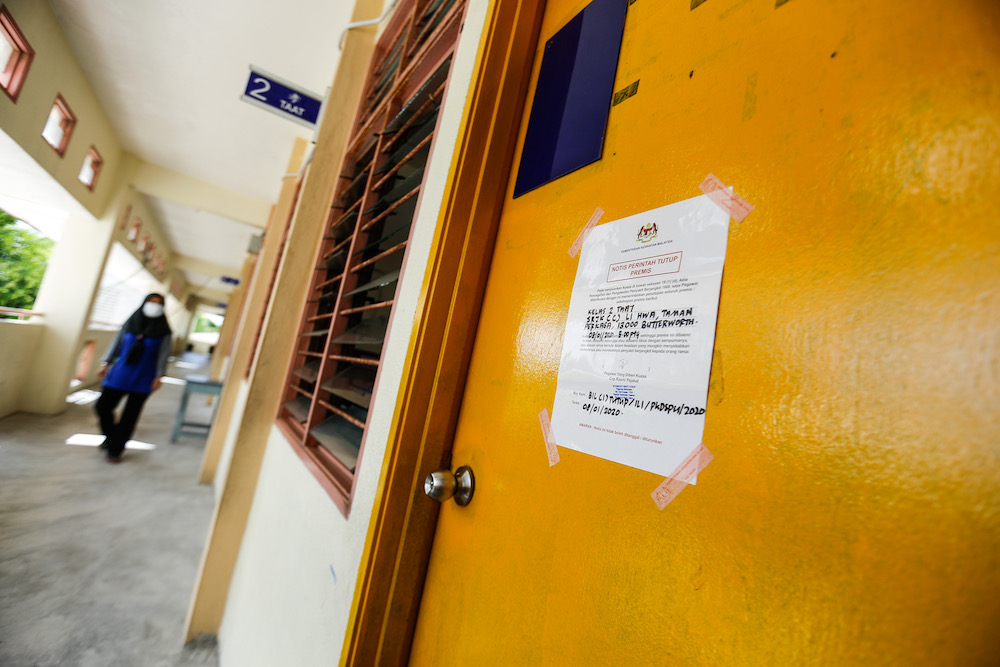KUALA LUMPUR, Jan 11 — While an analysis undertaken by the Institute for Medical Research (IMR) and the National Public Health Laboratory (MKAK) indicates an upward trend in the influenza outbreak, it has also found that the virus is a pre-existing one, and is therefore, not new.
Announcing this today, Health Minister Datuk Seri Dzulkefly Ahmad also stressed that the virus was not linked in any way to the current pneumonia outbreak in Wuhan, China.
The analysis involved a study of the rate of consultations on influenza like-illnesses and the rate of ward admissions of patients with Severe Acute Respiratory Infection (SARI), Dzulkefly told reporters after launching a blood donation campaign organised by the alumni of Sekolah Tun Fatimah here.
The minister added that for the moment, the ministry still did not have a policy to provide the influenza vaccine to the public except in reference to high-risk patients at government hospitals — such patients include those with chronic diseases or impaired immune systems.
He refuted the incidence of a shortage of hospital beds at government and private health facilities as reported by a local media portal, explaining that not all influenza cases, be they suspected or confirmed cases, needed to be admitted.
Only patients who fulfilled the moderate or severe illness criteria, following tests, would be admitted for further treatment.
On the matter of influenza vaccines being out of stock, Dzulkefly said the ministry had requested suppliers to replenish the stocks urgently to meet the country’s needs, and in this connection, many private health facilities which had previously reported a shortage of anti-viral medication, have begun to receive their respective supplies.
“For Health Ministry facilities, Pharmaniaga has given an assurance that stocks of anti-viral medicines will continue to be supplied without any interruption to ensure there are sufficient supplies at all times.
“It should be remembered that the use of anti-viral medicines needs to be appropriately considered by doctors as there is a possibility for resistance to the medicines to occur (among patients) if they are used arbitrarily without any control,” he clarified.
A total of 52 per cent of respiratory tract infections were recorded at educational institutions such as schools, kindergartens and hostels but this had not led to the closure of the affected institutions because the outbreak was still under control, Dzulkefly added. — Bernama




















